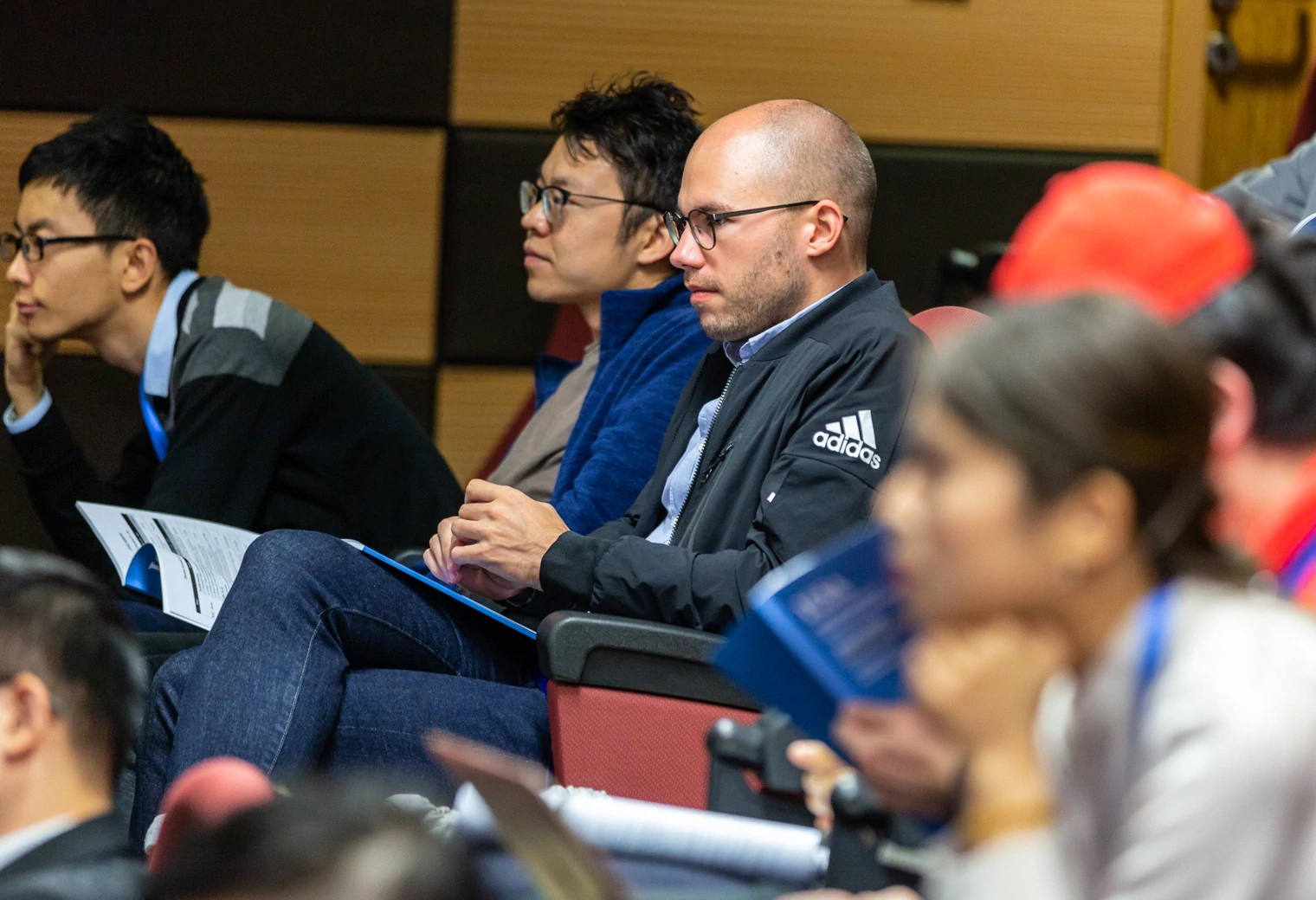As you have probably heard a hundred times, the Trinity CertTESOL and Cambridge CELTA courses are an intensive experience with a lot of steep learning curves, assignment work, and stressful teaching assessments to cope within a short space of time.
To ensure success on these high-stakes training courses, it pays to do your research into the knowledge and skills that you will need to complete the course comfortably. This article will guide you to a few key resources which can help you to do this, considering the range of awareness you will need in different areas of the course.
1) Teaching Methodology
There are hundreds of TESOL methodology primers out there, so it is important to know which are designed with new teachers in mind.
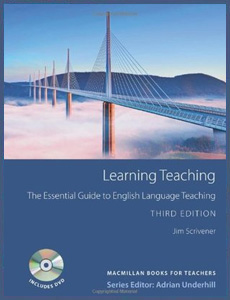
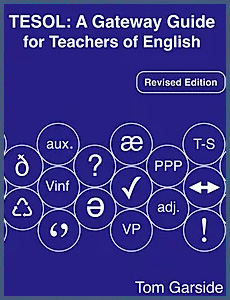
These two books provide a focus on pedagogy and language for teaching, which provide an effective starting point for beginning teachers.
2) Language Awareness: Grammar
When it comes to grammar references, it is important to remember that as well as your own understanding of the language you teach, you also need to know what considerations there are for the students you are teaching. TESOL uses a specific set of grammar terminology, which many classical grammar texts may bot share.
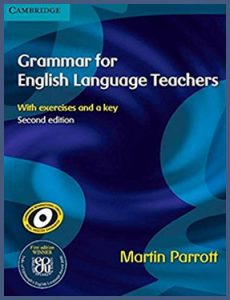
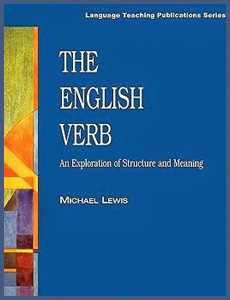
3) Language Awareness: Phonology
Pronunciation theory for new teachers is dominated by one author, who is prolific in his field and reinvented the study and application of phonology in the classroom – Adrian Underhill.
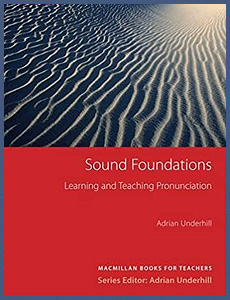
4) Learners and Language
Whether you are thinking about learners and their language for a lesson plan, a learner’s profile for a course assignment, or simply thinking about specific problems that learners from different language backgrounds may have.
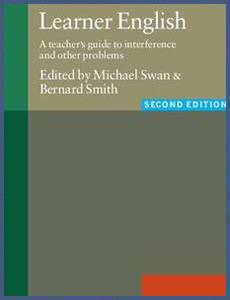
5) Resource Books for Certificate Level Teaching
On an initial certificate course in TESOL, your first port of call for teaching material to use in your observed lessons will be a student textbook which will contain the basic texts, grammar input, vocabulary and topics for your lesson.
This is a good starting point, but it is always good to have an idea of how you will supplement this basic resource to help students engage with language in different ways. For this, you will need access to some resource books containing games and activities for extended language practice. Some useful, time-honored resources for this include:
The “Games and Activities” series (Grammar Games and activities, Vocabulary Games and activities, Writing, Reading, etc.) presents an extensive range of photocopiable resources for the class.
For pronunciation and phonology work, both for your students and yourself as a developing trainee, two books can help to develop an awareness of the form and application of pronunciation. “Pronunciation Games” by Mark Hancock, and “Pronunciation Card Games” published by Language Point Teacher Education. These both provide engaging and communicative games to practice specific sounds and patterns of pronunciation in class.
However, you prepare for the TESOL Certificate you are taking, be aware that the course’s intensity can be reduced with some pre-course preparation. So it is well worth putting some hours of reading to inform yourself before the course starts, and time disappears into lesson planning, assignment work, and teaching. Make life easier for yourself and get a couple of resources, and the results will speak for themselves.
This article was originally published in Jul-2020 and was last updated in Jul-2025.
Author: Tom Garside



